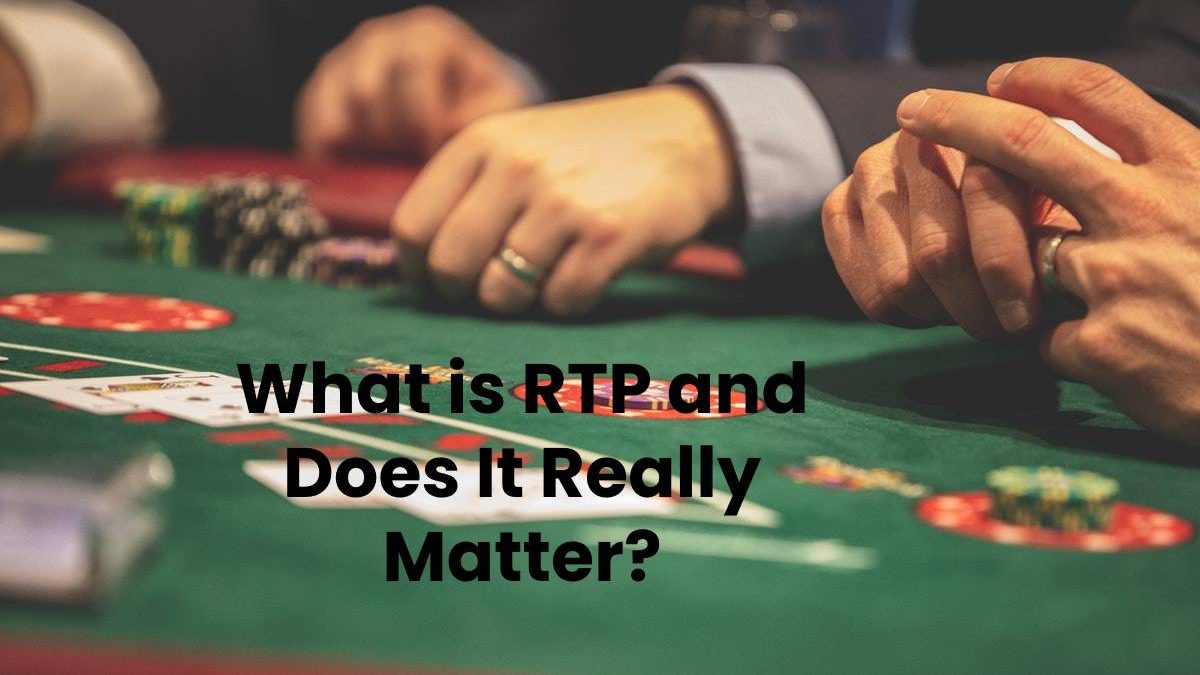What is RTP
If you’re just starting out in the gambling space, then you might not necessarily be familiar with the concept of RTP just yet. However, if you’re a savvy veteran, especially when it comes to playing slots, then you would know that RTP is one of the most important factors that serious gamblers take into consideration when choosing a slot game to play. The truth of the matter is that most slots players will prefer a game that has a higher RTP. But again, if you’re just starting out, you might not know what that is. So, let’s try to unpack what RTP really means and whether it really does matter in online gambling or not.
What is RTP?
RTP stands for Return to Player. It’s a numerical value that essentially reveals how much money a particular slots machine pays back to players over a cet number of spins. Usually, RTPs are expressed in percentages. For example, if a particular slot machine has an RTP of 97.6%, then over the course of $1000 that gets put into a machine, it pays back $976. With an RTP of 97.6%, that means that that particular slot machine has a house edge of 2.4%. This is why players who are browsing for slots games will tend to flock toward those with a higher RTP. Slots with a higher RTP imply a lower house edge and a higher chance of returns for the player. However, it’s important to note that over the long run, the house edge will be enough to always guarantee a long-term advantage for the house to win. This is why slots players must always practice diligence in knowing to quit while they’re ahead.
Another important thing to note about RTP is that it isn’t always going to a good predictor for how many times a player is going to win. Remember that RTP is ultimately dependent on the amount of cash that a machine receives and how much it dispenses. This does not necessarily take into consideration the number of spins or games that have been played throughout a particular stretch. For example, two different slot games can have the same RTP of 96%. But that doesn’t mean that players have won on each machine 96% of the time. It just means that both machines have shelled out 96% of whatever total cash has been put into it. Keep in mind that some players can play multiple games in small amounts and others can play fewer games with higher amounts. This means that you can generate the same RTP even when you aren’t winning as many games as another.
Before moving on to the next phase of this article, it’s also important to talk about RNGs or Random Number Generators. RNGs are essentially sophisticated pieces of code that serve as the heart of the programming engine that runs digital casino platforms. RNGs are algorithms that simulate or mimic the real-life conditions of any given casino games. It calculates the appropriate odds and probability of certain events occurring within a game. So, even if a slot machine’s RTP is higher than others, it’s important to note that they are all running on the same RNG engine. This means that theoretically, they are all programmed to subscribe to the same rules of probability and statistics.
Why Does It Matter?
For the most part, RTP is just a way for players to gauge their luck. Because of the randomness of the RNG engines, there’s really no way to tell which slot machines will be better for players than others. However, that hasn’t stopped many slots players from really valuing RTP when it comes to choosing a particular slot to play. While RTP may not really matter to novice slots players, it’s something that is incredibly important to more experienced gamblers.
Conclusion
There’s just no denying the fact that slots is the most popular casino game in the world, whether it’s played in a digital or a physical space. It’s exciting and there are always so many variables to winning the game. Aside from that, it’s just an incredibly easy and simple game to get into. The appeal to play slots will always be there regardless of whether you value a machine’s RTP or not.

